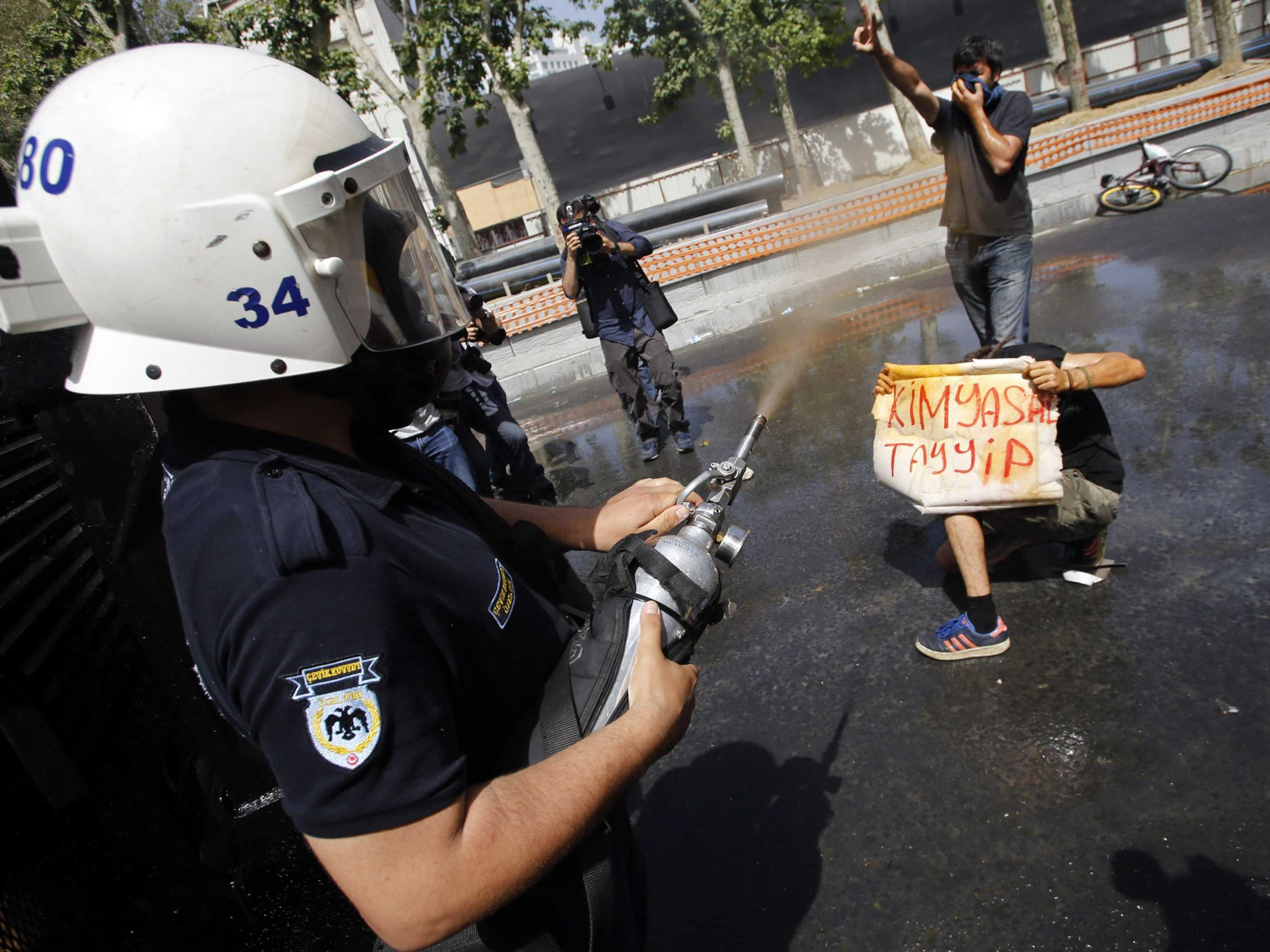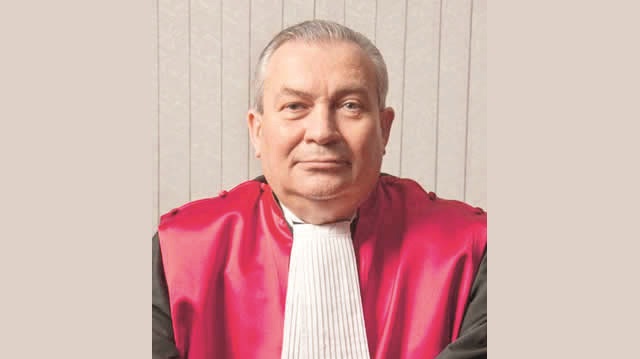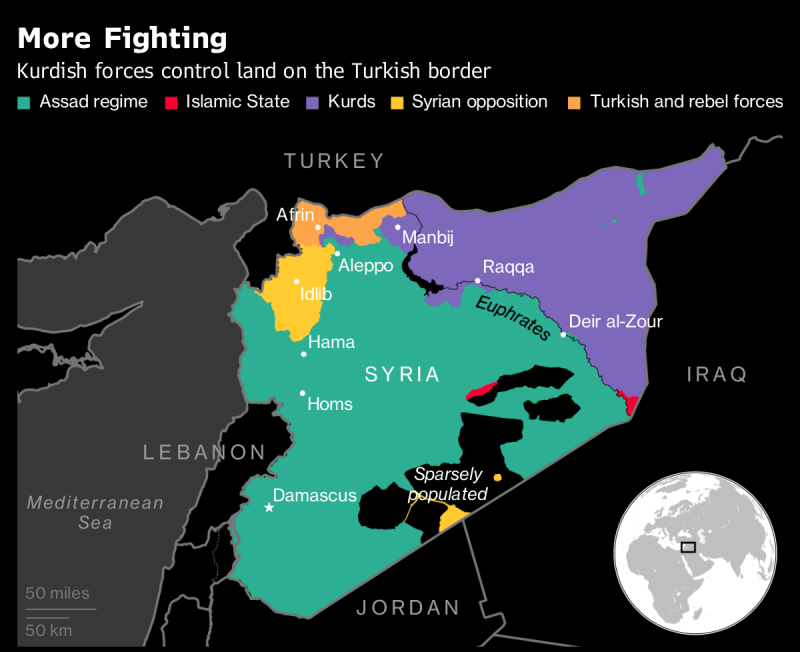[authorbox authorid=”29″ ]
[dropcap size=big]W[/dropcap]hen Turkey entered a State of Emergency in the wake of the 15 July 2016 coup attempt, nobody expected that almost two years later it would still remain in force. It was declared under the general pretext of the fight against terrorism, essentially targeting the Gülen movement that is designated as a terrorist organisation by the Turkish authorities and considered as the one responsible for the coup attempt. Despite the fact that these claims have not been adequately proven yet, the State of Emergency has been extended seven times for a three month period, with the last one running until July 2018, well past the upcoming snap presidential and parliamentary elections.
The Turkish deputy Prime Minister Bekir Bozdağ said on 19 April that the State of Emergency will not negatively affect the elections, however, one can’t ignore the fact that under its provisions, the Council of Ministers has issued a total of 31 decrees with the force of law, that have essentially allowed the President to by-pass the Turkish Grand National Assembly’s legislative power, seriously undermining democracy.
Furthermore, in a March report, the UN Human Rights Office stated that the State of Emergency’s 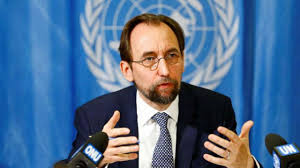 routine renewals were eroding civil society, the judiciary and the ability of media to hold politicians accountable in the country. The UN High Commissioner for Human Rights, Zeid Ra’ad al-Hussein commented recently that the space for dissent in Turkey has shrunk considerably within the last two years and he expressed serious doubts on how can credible elections be held in an environment where opposing to the ruling party views are severely penalized. He pointed at the heavy police presence and arrests during the May Day protests, as another demonstration of the severely limited space for freedom of peaceful assembly in the country.
routine renewals were eroding civil society, the judiciary and the ability of media to hold politicians accountable in the country. The UN High Commissioner for Human Rights, Zeid Ra’ad al-Hussein commented recently that the space for dissent in Turkey has shrunk considerably within the last two years and he expressed serious doubts on how can credible elections be held in an environment where opposing to the ruling party views are severely penalized. He pointed at the heavy police presence and arrests during the May Day protests, as another demonstration of the severely limited space for freedom of peaceful assembly in the country.
UN critique is also endorsed by the European Commission’s Turkey 2018 Report. The Commission focuses on the one hand on the disproportionality, the broad scale and the collective nature of the measures taken under the State of Emergency and the continuous –witch hunt resembling- widespread dismissals, arrests, detentions and imprisonments.
On the other hand, it stresses on the continuous degrading of the legislative and judicial powers in favour of the executive. The President’s rule through emergency decrees that are not subjected to the Assembly’s scrutiny, are not open to judicial review and can’t be challenged by the Constitutional Court, constitute an authoritative ruling framework that has led to civil and political rights restrictions, including freedom of expression, freedom of assembly, etc.
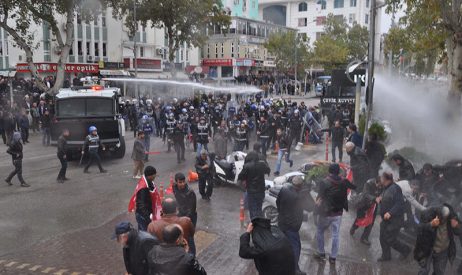 In the outgoing constitution, under the State of Emergency, all that the Assembly is allowed to do, is to pass the framework enabling laws, and the emergency decrees are published in the Official Gazette within the same day. After the elections and as soon as the new constitution comes into force, democracy will be further undermined. Under its provisions, all assembly control over the executive law-making is abolished and the President can issue decrees without an enabling law and without presenting them to the legislative body. Presidential decrees that have the force of law are one important instrument of a president’s legislative power. But it is also one that is easily abused and that can lead to a hyper-presidential system in the hands of populist presidents.[1]
In the outgoing constitution, under the State of Emergency, all that the Assembly is allowed to do, is to pass the framework enabling laws, and the emergency decrees are published in the Official Gazette within the same day. After the elections and as soon as the new constitution comes into force, democracy will be further undermined. Under its provisions, all assembly control over the executive law-making is abolished and the President can issue decrees without an enabling law and without presenting them to the legislative body. Presidential decrees that have the force of law are one important instrument of a president’s legislative power. But it is also one that is easily abused and that can lead to a hyper-presidential system in the hands of populist presidents.[1]
The UN and the EU reports and official statements are indicative of their concern on Turkey’s regress to authoritative, undemocratic conditions, under which the country is heading towards controversial presidential and parliamentary snap elections; probably the most important in its recent history.
[1] R. Ackerman, D.A. Desierto and N. Volosin, “Hyper-Presidentialism: Seperations of Powers without Checks and Balances in Argentina and the Philipines”, Berkley Journal of International Law, 29:1, 2011
Opinions represented at PPJ are belong solely to the contributor of the piece and do not represent any other people, institutions or organizations that the contributor may or may not be associated with in professional or personal capacity, unless explicitly stated.
- Regional dynamics, the failure of the Sochi Agreement and Turkey’s role in the brewing crisis in northwest Syria - 21/05/2019
- Elections in March, Hydrocarbons in Cyprus and Erdoğan’s Nationalist Footsteps - 04/12/2018
- Andrew Brunson’s release and US-Turkish relations: a tale of two stories - 23/10/2018
